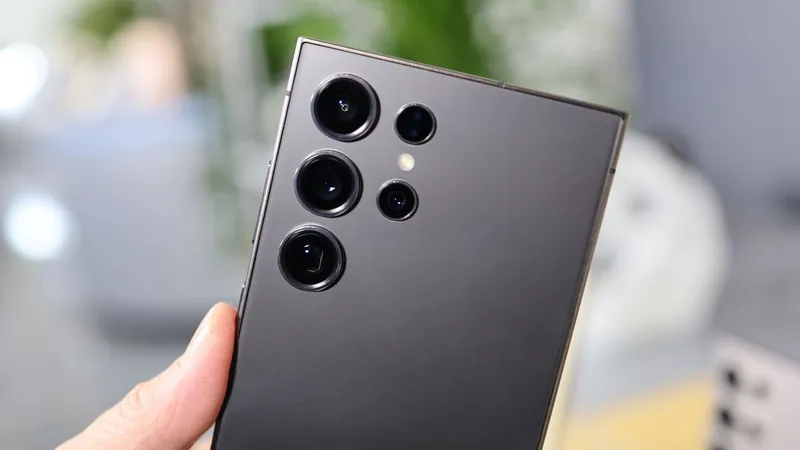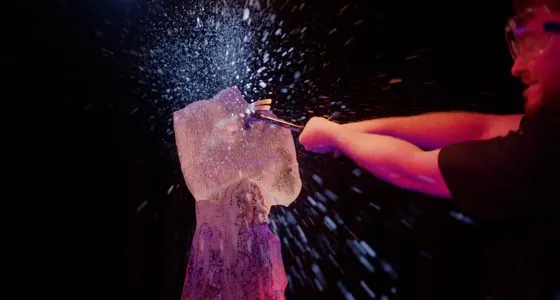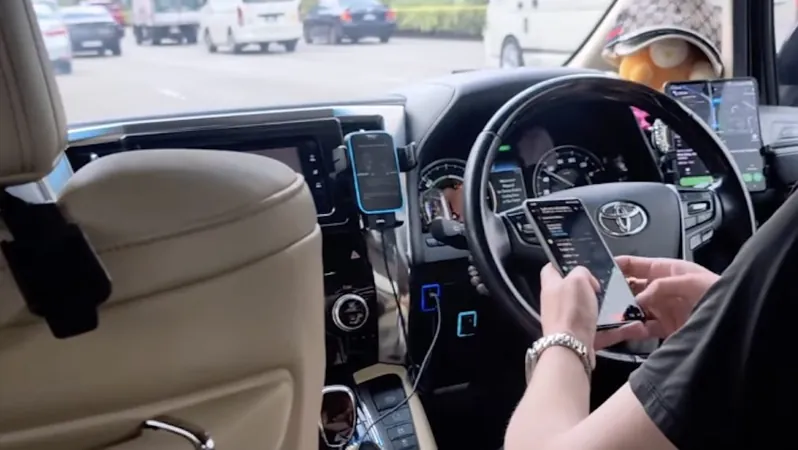
Discover the Future of Gaming: Quantum-Classical AI Mastering Atari’s Pong and Breakout!
2024-12-15
Author: Wei
Introduction
In an exciting breakthrough for the gaming and technology sectors, researchers from Technische Universität Wien and Freie Universität Berlin have developed a revolutionary hybrid quantum-classical AI that has successfully played beloved Atari classics Pong and Breakout. This sophisticated blend of quantum computing and classical reinforcement learning offers a glimpse into the future of AI capabilities.
Study Results
In their recent study published on arXiv, the researchers revealed impressive results, with the hybrid model achieving competitive scores that rival those of human players from nearly five decades ago. The AI matched classical performance in Pong, both systems attaining an average score of 20. Meanwhile, in Breakout, the quantum-classical model scored 84 points after 2 million interactions with the game environment, significantly narrowing the performance gap to just 13% from the classical counterpart's score of 141 after the researchers optimized the model's hyperparameters.
Hybrid Quantum-Classical Model
While this study did not uncover any inherent quantum advantages—the hybrid model did not surpass classical methods—it highlights the potential of hybrid systems to tackle complex, high-dimensional tasks. As quantum computing advances, the fusion of quantum and classical approaches could offer revolutionary methods for solving problems across various domains, including machine learning and data processing.
Research Methodology
The research examined how parameterized quantum circuits (PQCs) function in reinforcement learning—where agents learn from their environment—by integrating classical neural networks. The hybrid model's architecture includes classical convolutional layers that reduce dimensionality, a PQC for quantum processing, and fully connected classical layers for post-processing—overcoming one of the biggest challenges faced by existing quantum systems.
Challenges and Future Outlook
Despite these advancements, challenges remain. The study notes that the hybrid model operates in a simulated environment, which does not factor in the complexities and imperfections found in real-world quantum systems. Moreover, scaling the model for larger feature spaces requires significant quantum resources, leading to challenges such as the “barren plateau,” where optimization becomes exceedingly difficult.
Conclusion
Experts emphasize that to unlock the full potential of quantum-classical AI, future experiments must shift towards utilizing actual quantum hardware and testing the model on tasks that truly showcase quantum advantages, like quantum chemistry and optimization problems. As the field of quantum machine learning grows, hybrid setups like this could become integral in leveraging both classical and quantum technologies to enhance performance across various sectors. This groundbreaking achievement serves as both a nod to retro gaming and a powerful step forward in AI research.
Final Thoughts
Could this be the dawn of a new era where AI not only plays games but does so in ways we never thought possible? Stay tuned as we continue to explore these technological advancements that may soon redefine gaming and beyond!





 Brasil (PT)
Brasil (PT)
 Canada (EN)
Canada (EN)
 Chile (ES)
Chile (ES)
 España (ES)
España (ES)
 France (FR)
France (FR)
 Hong Kong (EN)
Hong Kong (EN)
 Italia (IT)
Italia (IT)
 日本 (JA)
日本 (JA)
 Magyarország (HU)
Magyarország (HU)
 Norge (NO)
Norge (NO)
 Polska (PL)
Polska (PL)
 Schweiz (DE)
Schweiz (DE)
 Singapore (EN)
Singapore (EN)
 Sverige (SV)
Sverige (SV)
 Suomi (FI)
Suomi (FI)
 Türkiye (TR)
Türkiye (TR)